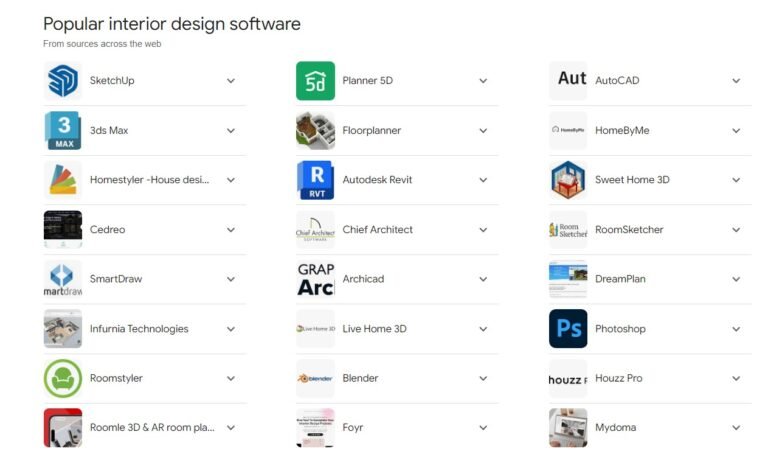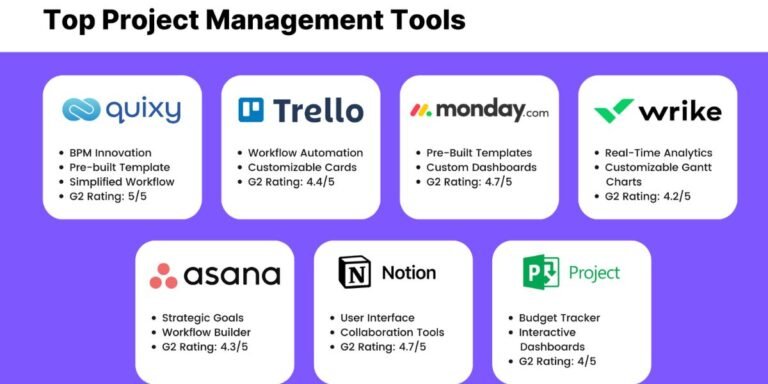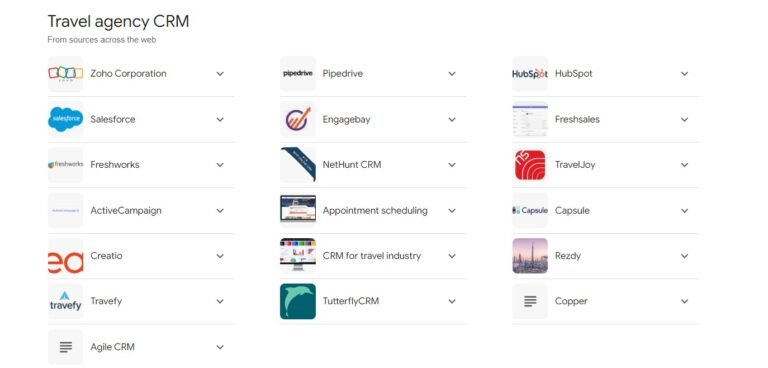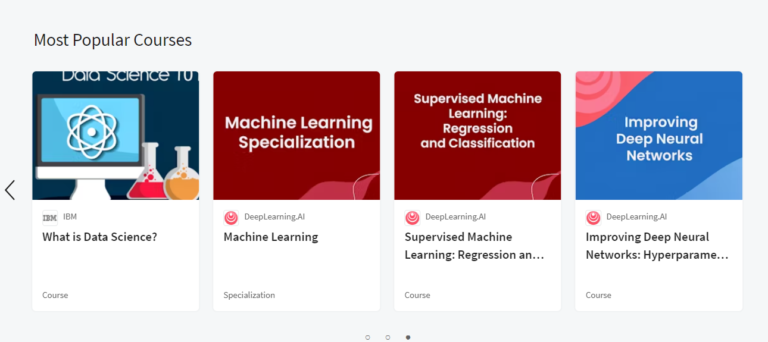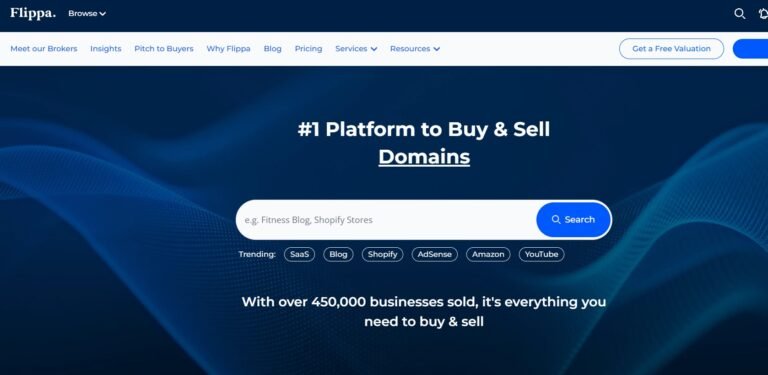Best Erp Software for Small and Medium Enterprises

Finding the top ERP software for small to medium enterprises involves assessing your specific business needs. The ideal software provides cost efficiency, integrates seamlessly, and boosts productivity by automating routine tasks.
It also offers data analytics for agile decision-making. Key elements to prioritize include a user-friendly interface, customization options, and scalability. Among the highest-rated options catering to diverse budgets are software with these capabilities.
The best choice will grow alongside your business, providing invaluable help for your evolving needs. Dive in further to unravel the power and capacity of these advanced tools for your enterprise’s success.
10 Best ERP Systems for Small Businesses Shortlist
Here’s my pick of the 10 best software from the 20 tools reviewed.
1. Cin7 Core — Best for small business inventory management
2. MRPeasy — Best ERP system for manufacturing companies
3. NetSuite — Best for businesses with a global presence
4. Versa Cloud ERP — Best ERP software for inventory-heavy businesses
5. Total ETO — Best for custom design manufacturing
6. HoneyBook — Best for end-to-end project management
7. QuickBooks Desktop Enterprise — Best ERP software for QuickBooks users
8. DELMIAWorks Manufacturing ERP — Best for scalability
9. GeniusERP — Best for manufacturing companies
10. Dolibarr — Best free ERP system
What is ERP enterprise application?
Diving into the world of business software, you’ll encounter ERP, or Enterprise Resource Planning, a comprehensive suite of applications designed to streamline and integrate all facets of an organization’s operations. The features of ERP are vast, ranging from accounting to customer relationship management. It’s like a Swiss Army knife for your business, offering a multitude of tools in one package.
The benefits of implementing an ERP system in your business are extensive. It allows for the seamless integration of various business processes, thereby eliminating the need for multiple standalone applications. This results in efficient data flow, improved collaboration, and enhanced decision-making capabilities.
One of the key advantages of ERP systems is their customization feature. You can tailor the system to your business requirements, ensuring it addresses your unique needs effectively. It’s not a one-size-fits-all solution, but a flexible tool that grows and evolves with your business.
How do I choose the best ERP for my small business?
When it comes to choosing the best ERP system for your small business, it’s crucial to assess your specific needs and objectives first. The system you choose should cater to those needs while also offering cost efficiency. This means that it should provide a reasonable return on investment, delivering value without draining resources.
Next, consider scalability options. As your business grows, will your ERP system be able to grow with it? You’ll need a system that can adapt to increasing demands, so scalability is key.
A user-friendly interface is another critical factor. The ERP software should be intuitive and easy-to-use, minimizing the learning curve for you and your team. This can lead to more efficient operations and a more streamlined workflow.
Consider the software’s integration capabilities. An effective ERP system should integrate seamlessly with other systems your business uses. This ensures data consistency, reduces redundancy, and can significantly improve operational efficiency.
Reviews of the 5 Best ERP Systems for Small Businesses in 2024
Let’s delve into an analysis of the top 10 ERP systems for small businesses in 2024, assessing their features, benefits, and potential drawbacks.
Notably, user-friendly interfaces are a common trait among the top systems, making them a breeze for you to navigate. From the simplistic design of Zoho ERP to the intuitive layout of SAP Business One, these ERP platforms know how to appeal to users.
Furthermore, customization options are plentiful. Systems like Oracle NetSuite and Microsoft Dynamics 365 allow you to tailor functions to your business needs. Whether it’s tweaking the dashboard or modifying report generation, you’re in control.
Integration capabilities also stand out. Many systems effortlessly integrate with existing software, reducing the hassle of data transfer. Whether it’s QuickBooks’ seamless integration with financial software or Syspro’s connection with manufacturing applications, integration has never been easier.
The varied pricing structures cater to different budget ranges. While some systems like Odoo offer cost-effective solutions, others like Epicor ERP provide premium features at a higher price.
Why is ERP software important for small and medium enterprises?
ERP software offers a plethora of advantages that directly impact your bottom line.
Firstly, ERP systems provide cost efficiency by integrating various business processes into one platform, eliminating the necessity for separate software. This not only reduces software costs but also decreases training expenses, as employees need to learn just one system instead of multiple.
Secondly, it boosts productivity by automating routine tasks, freeing up your staff to focus on more strategic roles. This leads to rapid, error-free operations and improved overall productivity.
Thirdly, ERP software streamlines processes, eliminates redundancy, and enhances workflow, allowing your business to run like a well-oiled machine. It ensures seamless communication between departments, making information flow more efficient.
In addition, ERP software offers enhanced decision-making capabilities. It provides real-time data and analytics, enabling you to make informed and strategic decisions quickly.
ERP systems come with scalability options. As your business grows, your ERP system can adapt and grow with you, meeting your changing needs without hefty extra costs. Hence, investing in ERP software isn’t just a smart move; it’s a strategic one.
Frequently Asked Questions
What Are the Typical Costs Associated With Implementing ERP Software?
Typically, you’ll incur costs like implementation fees, software licenses, regular maintenance fees, data migration expenses, and training costs when setting up ERP software. These vary based on your business size and specific needs.
Can ERP Software Be Customized to Fit My Specific Business Needs?
Absolutely, ERP software offers customization options. You’ll find tailored solutions with industry-specific features meeting your business requirements. Personalized configurations ensure the software fits your specific needs like a glove.
How Does ERP Software Integrate With My Existing Business Systems?
ERP software integrates with your existing business systems through data integration and system compatibility. It automates workflows, streamlines business processes, though you might face some implementation challenges. It’s all about enhancing efficiency and productivity.
What Kind of Training Does My Team Need to Effectively Use ERP Software?
To use ERP software effectively, your team’ll need comprehensive training. This includes hands-on workshops, online tutorials, user manuals, on-site training, and interactive simulations. Each method enhances understanding, ensuring effective usage of the software.
Are There Any Potential Downsides to Using ERP Software for My Business?
Yes, you might face implementation challenges, data security concerns, user resistance, high maintenance costs, and integration issues. It’s essential to consider these potential downsides before implementing any ERP software in your business.
Conclusion
Choosing the best ERP system for your small or medium enterprise is crucial. It streamlines operations, enhances efficiency, and provides valuable insights. With options like SAP Business One, Oracle NetSuite, and Microsoft Dynamics 365, you’re spoilt for choice. Remember, the best ERP software meets your unique needs and grows with your business. So, take time, do your homework and choose wisely. After all, it’s a significant investment towards your enterprise’s success.
